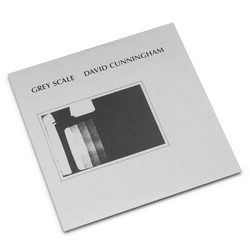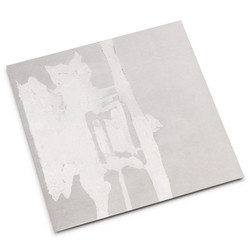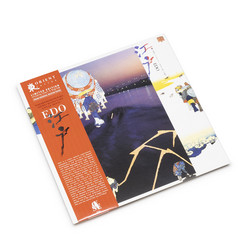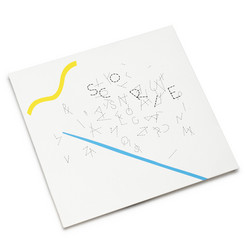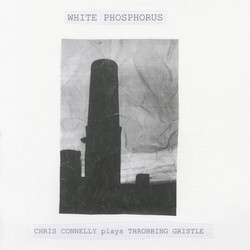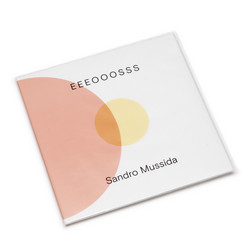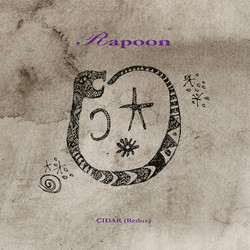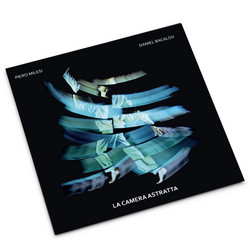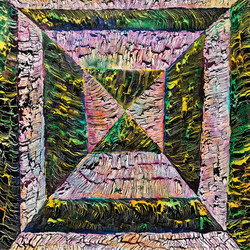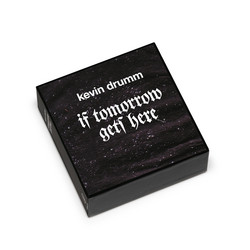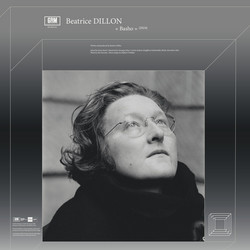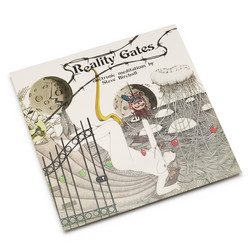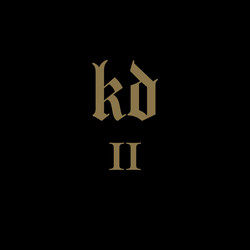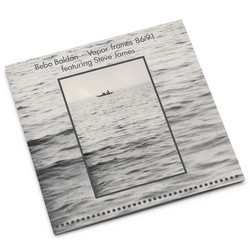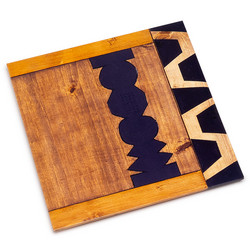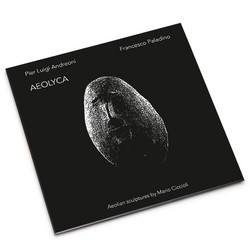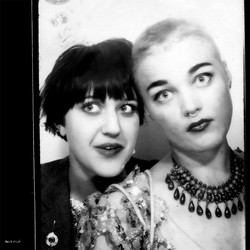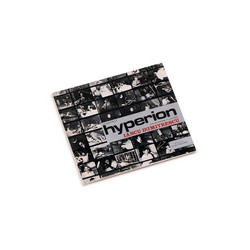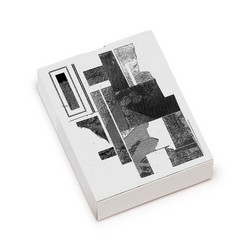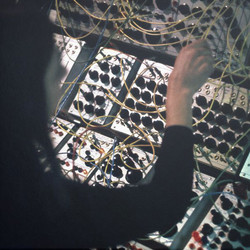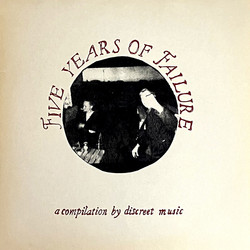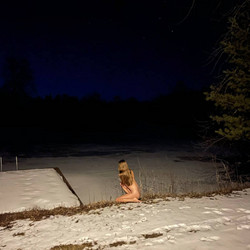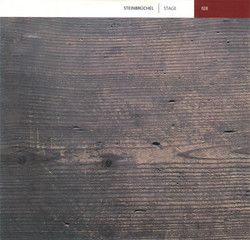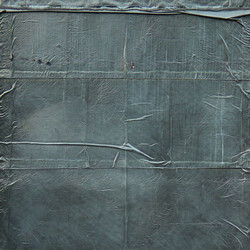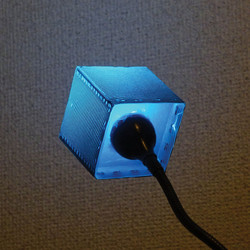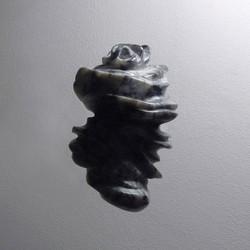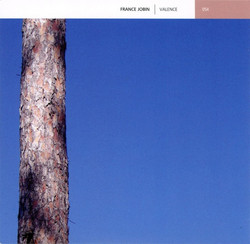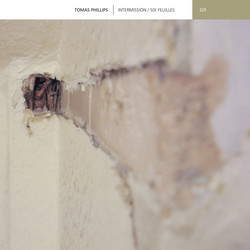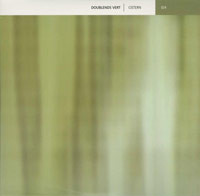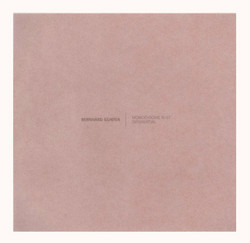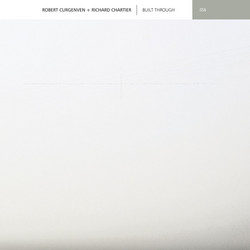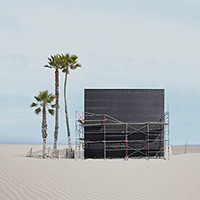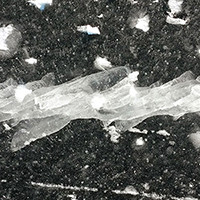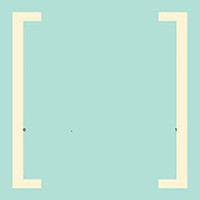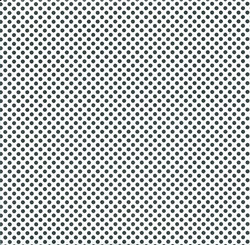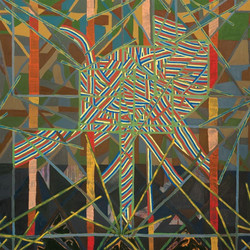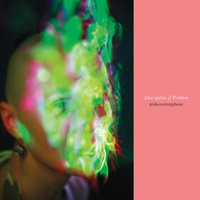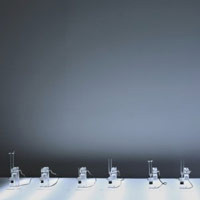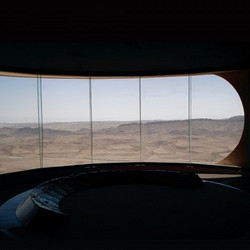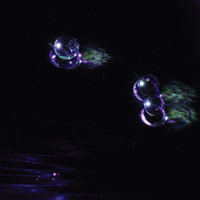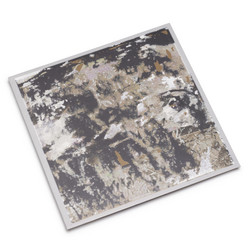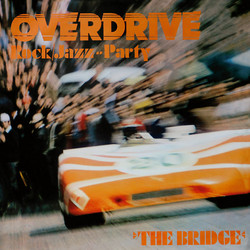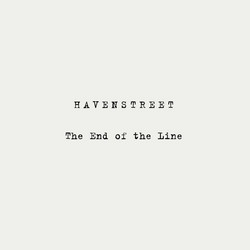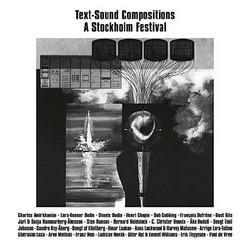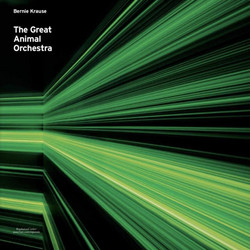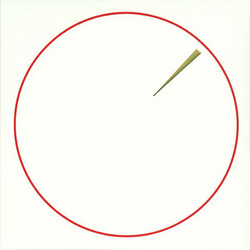Inspired by the work of James Tenney, György Ligeti, Charlemagne Palestine, and Conlon Nancarrow, Seth Horvitz’s Eight Studies for Automatic Piano makes use of simple, computer-aided compositional processes to test the limits of human perception and machine precision. It relies on a bare minimum of technical means to explore notions of temporal distortion, iterative process, and elegant complexity. Presented in an immersive concert setting without the presence of a human performer, Eight Studies questions traditional notions of live performance and musical “life.” Please download the Listener’s Guide containing detailed descriptions and visual scores for each piece.
[A] IDEALIZED SYMMETRICAL FORM: The highest level of symmetry and objective process is maintained, the final result resembling an idealized mathematical form.
[B] CONSTRUCTED BINARY FORM: A basic, repeating shape is introduced and systematically layered, transposed, and rhythmically offset against itself. Following the exposition, the length of each repeating shape is incrementally shortened, producing a rhythmic phasing process.
[C] INTUITIVE LINEAR FORM: Intuitively generated elements are introduced linearly, above a steady pulse. No systematic transformations occur with the exception of gradual increases or decreases in velocity.
[D] INTUITIVE TRANSFORMATIONAL FORM: Systematic transformations of a basic, repeating shape are applied intuitively, sometimes haphazardly. Suggestions of form and structure are led by the outcome of the transformations.
All works composed by Seth Horvitz (Sutekh). Performed by the Yamaha Disklavier C7 Mark III. Recorded at Littlefield Concert Hall, Mills College, April 2010. Special thanks: Richard Chartier, James Fei, Les Stuck, Fred Frith, Chris Brown, and all at Mills. image: Study No. 1 (piano roll view)
[A] IDEALIZED SYMMETRICAL FORM: The highest level of symmetry and objective process is maintained, the final result resembling an idealized mathematical form.
[B] CONSTRUCTED BINARY FORM: A basic, repeating shape is introduced and systematically layered, transposed, and rhythmically offset against itself. Following the exposition, the length of each repeating shape is incrementally shortened, producing a rhythmic phasing process.
[C] INTUITIVE LINEAR FORM: Intuitively generated elements are introduced linearly, above a steady pulse. No systematic transformations occur with the exception of gradual increases or decreases in velocity.
[D] INTUITIVE TRANSFORMATIONAL FORM: Systematic transformations of a basic, repeating shape are applied intuitively, sometimes haphazardly. Suggestions of form and structure are led by the outcome of the transformations.
All works composed by Seth Horvitz (Sutekh). Performed by the Yamaha Disklavier C7 Mark III. Recorded at Littlefield Concert Hall, Mills College, April 2010. Special thanks: Richard Chartier, James Fei, Les Stuck, Fred Frith, Chris Brown, and all at Mills. image: Study No. 1 (piano roll view)
Details
Cat. number: LINE_050
Year: 2011
Notes:
LTD 500
